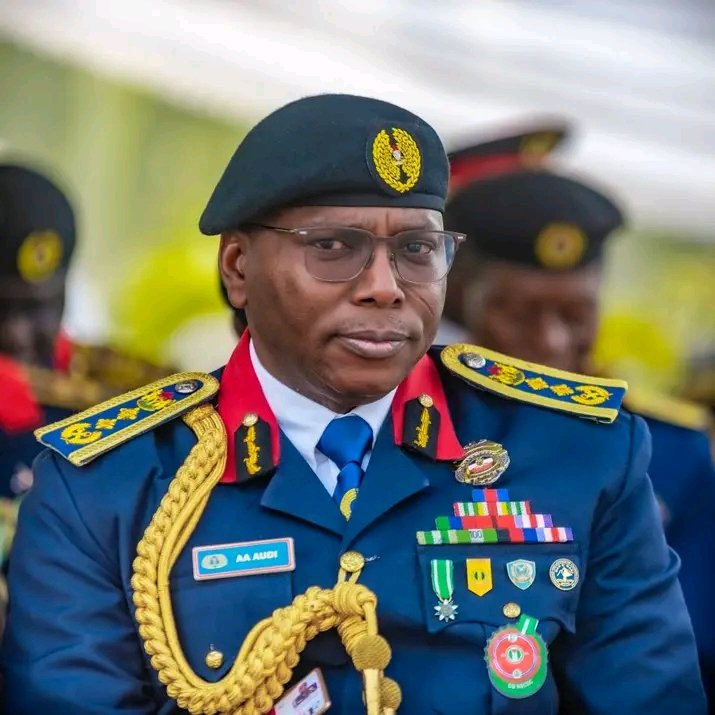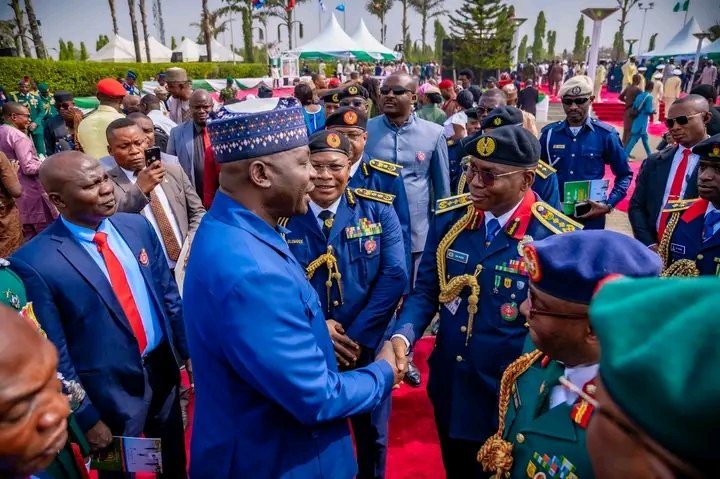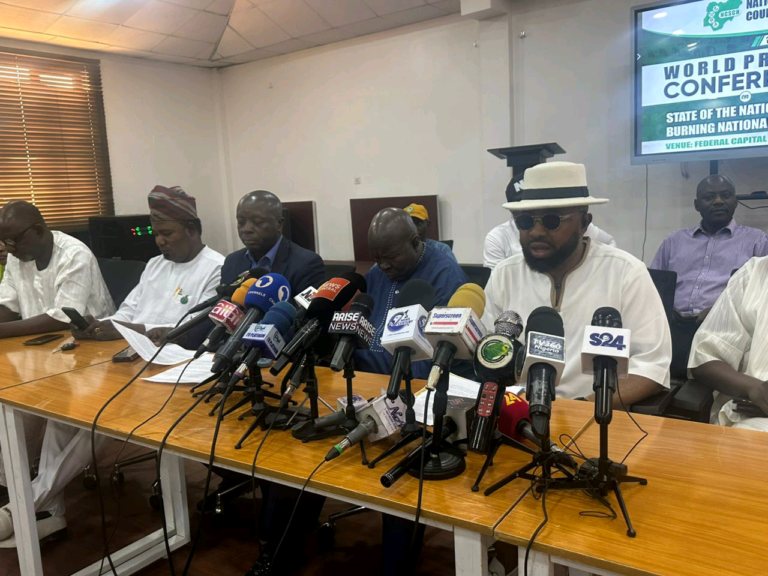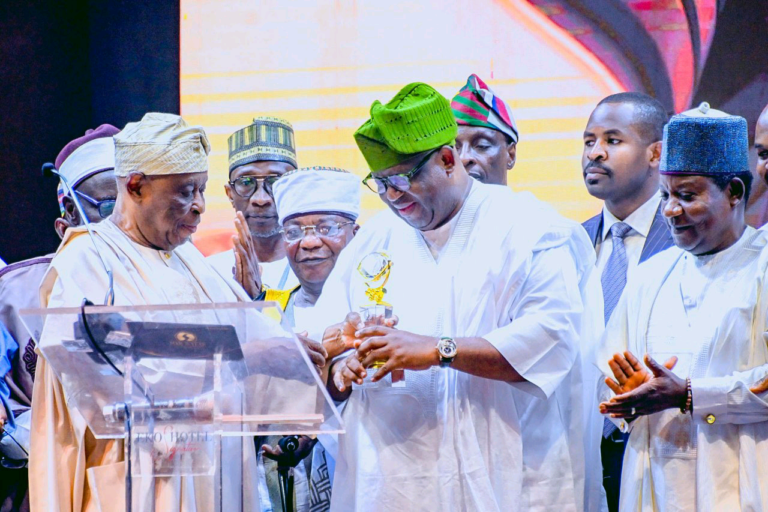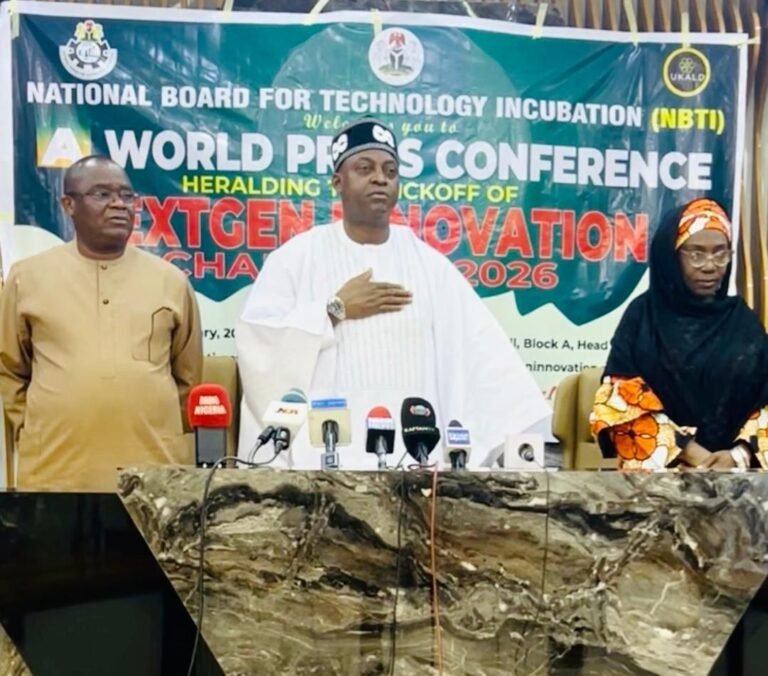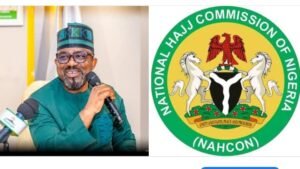
Unheralded Triumphs: Nigeria’s Hajj Commission Defies Odds Amidst Swirling Controversies
By Gambo Jagindi
In the shadows of sensational headlines and whispered allegations, the National Hajj Commission of Nigeria (NAHCON) emerges as a bastion of resilience and operational dexterity, quietly scripting a narrative of triumph against formidable odds. Contrary to pervasive narratives painting it as a fiscal burden, NAHCON stands apart – a self-financing entity that navigates the labyrinthine complexities of Nigeria’s participation in the world’s largest annual religious gathering without regular government funding beyond salary allocations.
NAHCON’s financial architecture is a study in strategic prudence. Eschewing dependence on state coffers, the Commission ingeniously funds its expansive mandate through meticulously calibrated service charges, underscoring a model of fiscal autonomy rare amidst Nigeria’s public institutions. This self-reliance is no trivial feat; it bespeaks leadership acumen steering Nigeria’s Hajj operations through turbulent fiscal seas.
Each Hajj season unfurls an intricate waltz of deadlines – visa issuance windows, flight slot allocations, accommodation logistics – dictated inflexibly by Saudi authorities. NAHCON’s consistent success in meeting these stringent requirements amidst Nigeria’s often-challenging operational milieu spotlights an organization calibrated for excellence. Pilgrims entrust their sacred journey to NAHCON’s stewardship; the Commission delivers.
The corridors of Nigerian discourse have witnessed recurrent bouts of allegations leveled against NAHCON – spurious claims of graft, fictitious “grillings” by non-existent agencies, whispers of subsidy malfeasance. Yet, pattern-like, these accusations have wilted under the Commission’s factual rejoinders. NAHCON’s rebuttals, grounded in evidentiary rigor, have time and again dismantled the scaffolding of controversy erected by detractors. Nonetheless, the residual bruise of rumor persists – a testament to the pernicious longevity of unchecked narratives.
NAHCON does a great job balancing the needs of pilgrims with the complicated logistics of the Hajj trip. They skillfully handle tough geopolitical issues and strict rules that come with organizing Hajj today. Because of NAHCON’s careful planning and work behind the scenes, many Nigerian pilgrims have life-changing experiences. They help make the Hajj journey safe, meaningful, and dignified for those who go.
At the nucleus of NAHCON’s impactful tenure is strategic leadership – commissioners and officials synergizing policy finesse, personnel stewardship, and financial sagacity. Their stewardship underscores an institutional commitment transcending the transactional; it bespeaks custodianship of Nigeria’s spiritual diplomacy and pilgrim dignity.
NAHCON’s operational victories merit plaudits often drowned by cacophonous criticism. In self-financing, meeting Saudi strictures, and rebutting baseless claims lies a tale of public sector efficacy worthy of Nigeria’s broader governance discourse. As Nigeria’s Muslim community embarks anew on sacred Hajj voyages, NAHCON remains pivotal – an often-unsung hero ensuring the nation’s honorable participation on the global spiritual stage.
Mallam Abdulrazak Aliu, Commissioner for Policy, Personnel, Management, and Finance (PPMF) of the National Hajj Commission of Nigeria (NAHCON), articulates a compelling narrative of institutional dedication and reform. In his capacity steering pivotal facets of NAHCON’s mandate, Aliu underscores a relentless pursuit of enhancing pilgrim welfare, infusing transparency, and fortifying organizational efficacy.
NAHCON, under Aliu’s strategic PPMF stewardship, intensifies focus on ameliorating pilgrim experiences. “We are working assiduously to enhance feeding arrangements,” Aliu notes, spotlighting endeavors ensuring Nigerian pilgrims access nutritious meals befitting the sanctity of their Hajj journey. This initiative reflects NAHCON’s holistic embrace of pilgrim needs transcending logistics into wellbeing.
“Transparency defines our operations and decisions,” Aliu affirms, emblematic of NAHCON’s governance ethos. The Commission prioritizes keeping stakeholders informed and involved, cultivating trust through openness in navigating Hajj’s complexities.
As PPMF, Aliu champions staff morale: “My office works tirelessly to boost staff spirits.” Tangible actions include strategic promotions recognizing merit. “Staff are our greatest assets,” he asserts, highlighting investment in personnel growth aligning with NAHCON’s aspirations.
“The 2026 pilgrimage promises surpassing precedents,” Aliu forecasts, акценting dual foci — heightened pilgrim welfare and synergized stakeholder collaborations. Ongoing reforms, he assures, recalibrate pilgrimage experiences harmonizing rigor with empathetic delivery.
Aliu highlights strategic alignments vitalizing NAHCON’s mandate — engaging government bodies, Saudi authorities, welfare groups — coalescing efforts for safer, spiritually fulfilling Hajj journeys.
As Commissioner for Policy, Personnel, Management, and Finance, Aliu’s stewardship bespeaks leadership marrying strategic insight with operational vitality. His articulation of reforms underscores NAHCON’s adaptive dynamism attuned to Nigeria’s Hajj aspirants’ needs.
Under Aliu’s PPMF role mirror institutional resolve blending devotion with progressive paradigms. The Commission’s travails and triumphs echo custodianship resonant with service excellence.
Amidst Nigeria’s governance narratives frequently tinged by challenge, NAHCON offers counterpoint – proof of institutional fortitude where vision meets meticulous execution. Its story awaits fuller telling.
Jagindi, a public affairs analyst/ digital media publisher writes from Abuja jagindi2016@gmail.com, +2347065466653


